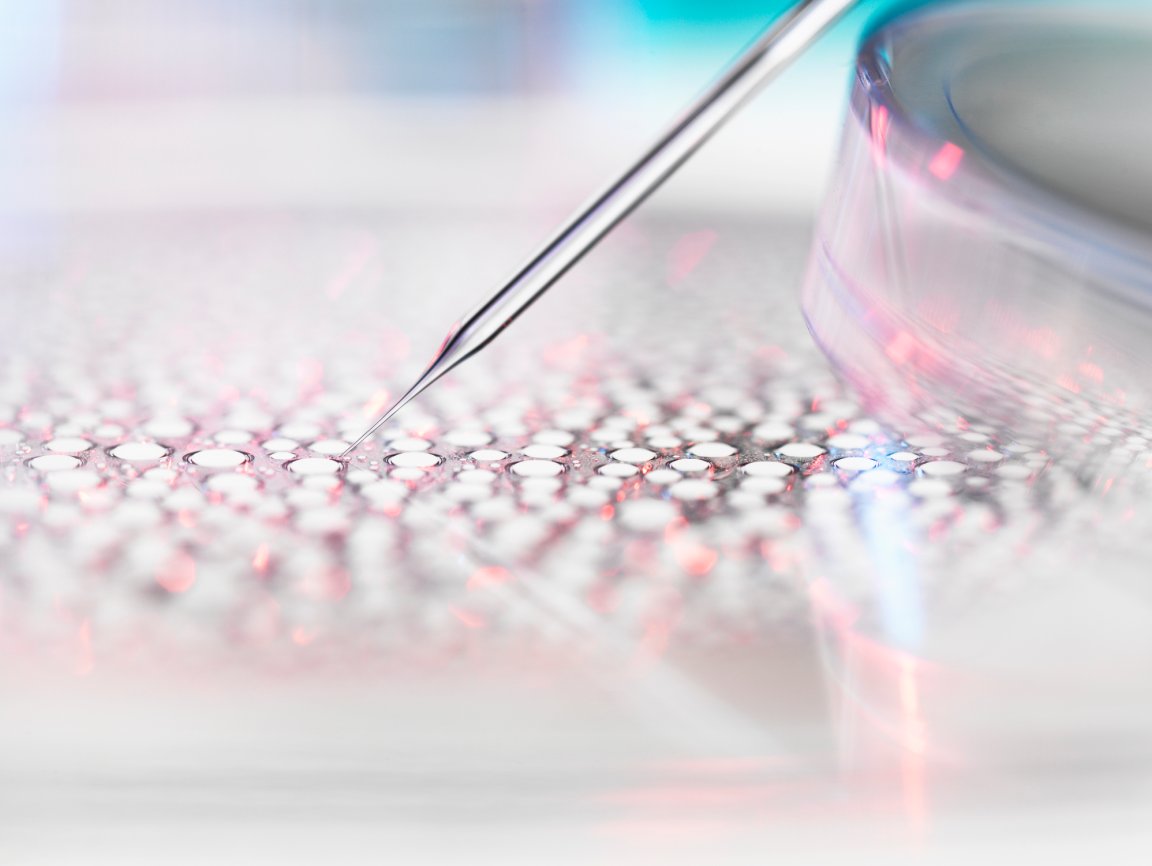
Pushing the Pace
The CRISPR gene editing tool has already been used to perform some incredible feats of science, from manipulating the social behavior of ants to making superbugs kill themselves. It’s an incredibly powerful asset, but this week at CrisprCon, there was plenty of discussion about where we should draw a line on its usage.
“I’ve never seen science move at the pace it’s moving right now,” said CRISP co-discoverer Jennifer Doudna, who has spent recent months touring the world campaigning for a ‘global consensus’ on appropriate implementations of gene-editing technologies. “Which means we can’t put off these conversations.”

CRISPR has already been used to edit harmful conditions out of animals and even viable human embryos. From this point, it wouldn’t take a great leap to start using the technology to enhance healthy organisms — which is why now is the time for discussions about the consequences.
Handle with Care
While medical uses of CRISPR are perhaps the most ethically urgent, the conversation about its usage goes beyond medicine. Companies like Monsanto and Cargill have already licensed CRISPR technologies to help with their agricultural efforts. However, early attempts at genetically modified crops struggled to gain mainstream acceptance, and that’s something these firms need to keep in mind as they implement the latest techniques.
“It was a convenience item for farmers,” observed organic farmer Tom Wiley at the convention, according to Wired. “And a profit center for corporations.” To combat genetically modified food’s perception problem, companies using CRISPR will have to make sure that the technology benefits the consumer, not just the production process.
The convention addressed CRISPR usage in many different fields: from the importance of ensuring it is used to address the widest range of medical conditions as possible, to the potentially damaging effects of gene drives on a delicate ecosystem.
Science is moving at a rapid pace, and CRISPR is too — but if we don’t carefully consider which applications are safe and valid, it could quickly cause as many problems as it solves.
“Crispr is not a light on the nation, it’s a mirror,” said CrisprCon keynote speaker Greg Simon, director of the Biden Cancer Initiative; Wired reporter Megan Molteni interpreted those words as, “it’s just another technology that’s only as good as the people using it.”